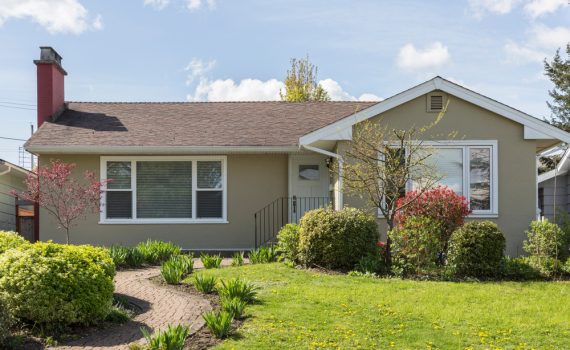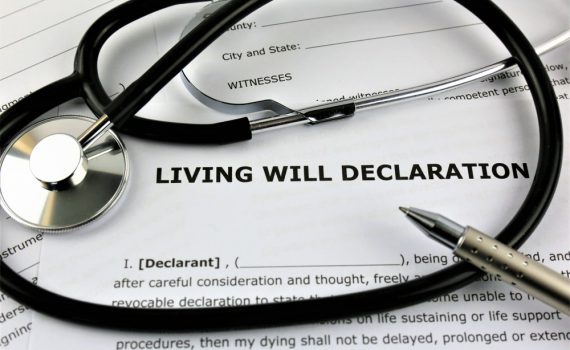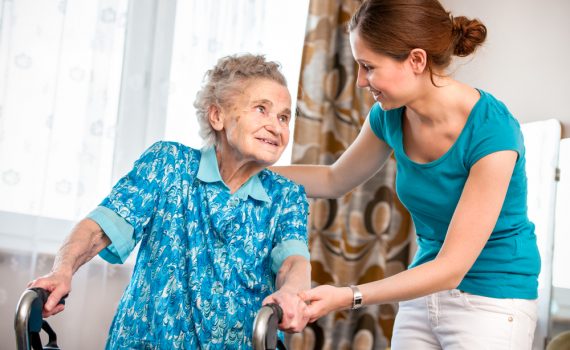Hospital patients who need additional care after being discharged from the hospital are usually sent to either an inpatient rehabilitation facility or a skilled nursing facility, and Medicare offers very different coverage for each.
Daily Archives: June 19, 2019
After a Medicaid recipient dies, the state must attempt to recoup from his or her estate whatever benefits it paid for the recipient's care. There are steps you can take to protect your home.
When creating advance directives in order to plan for the possibility that you may one day be unable to make your own medical decisions, there can be confusion about the difference between a living will and a "do-not-resuscitate" order.
Parents want their children to be taken care of after they die. But children with disabilities have increased financial and care needs, so ensuring their long-term welfare can be tricky.
Caring for an ailing family member is difficult work, but it doesn't necessarily have to be unpaid work. There are programs available that allow Medicaid recipients to hire family members as caregivers.





